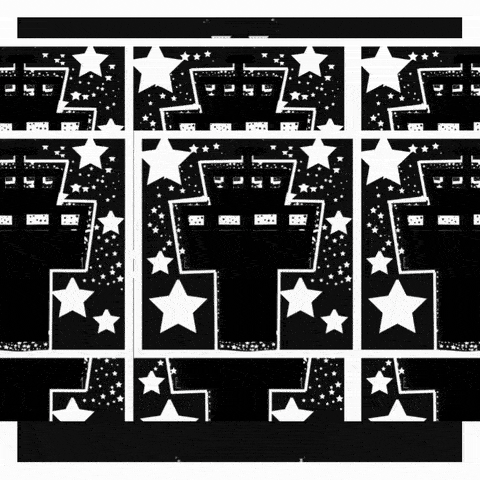Click here to flash read.
A temporal knowledge graph (TKG) stores the events derived from the data
involving time. Predicting events is extremely challenging due to the
time-sensitive property of events. Besides, the previous TKG completion (TKGC)
approaches cannot represent both the timeliness and the causality properties of
events, simultaneously. To address these challenges, we propose a Logic and
Commonsense-Guided Embedding model (LCGE) to jointly learn the time-sensitive
representation involving timeliness and causality of events, together with the
time-independent representation of events from the perspective of commonsense.
Specifically, we design a temporal rule learning algorithm to construct a
rule-guided predicate embedding regularization strategy for learning the
causality among events. Furthermore, we could accurately evaluate the
plausibility of events via auxiliary commonsense knowledge. The experimental
results of TKGC task illustrate the significant performance improvements of our
model compared with the existing approaches. More interestingly, our model is
able to provide the explainability of the predicted results in the view of
causal inference. The source code and datasets of this paper are available at
https://github.com/ngl567/LCGE.



